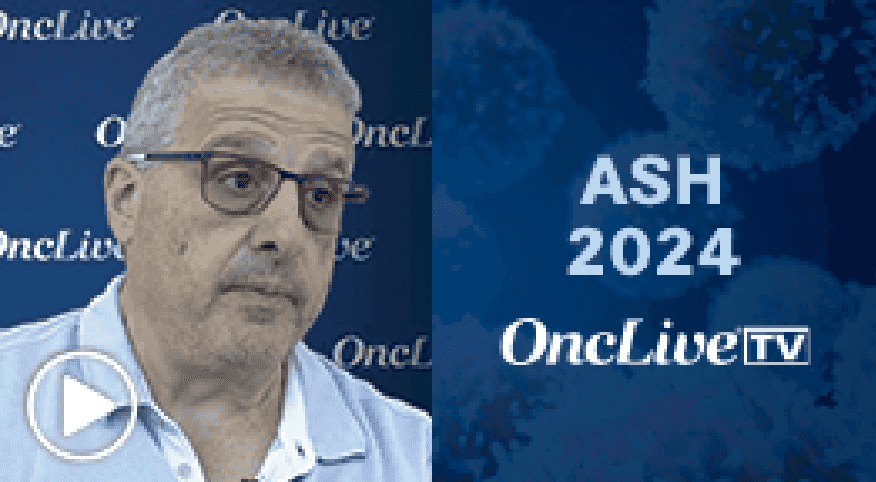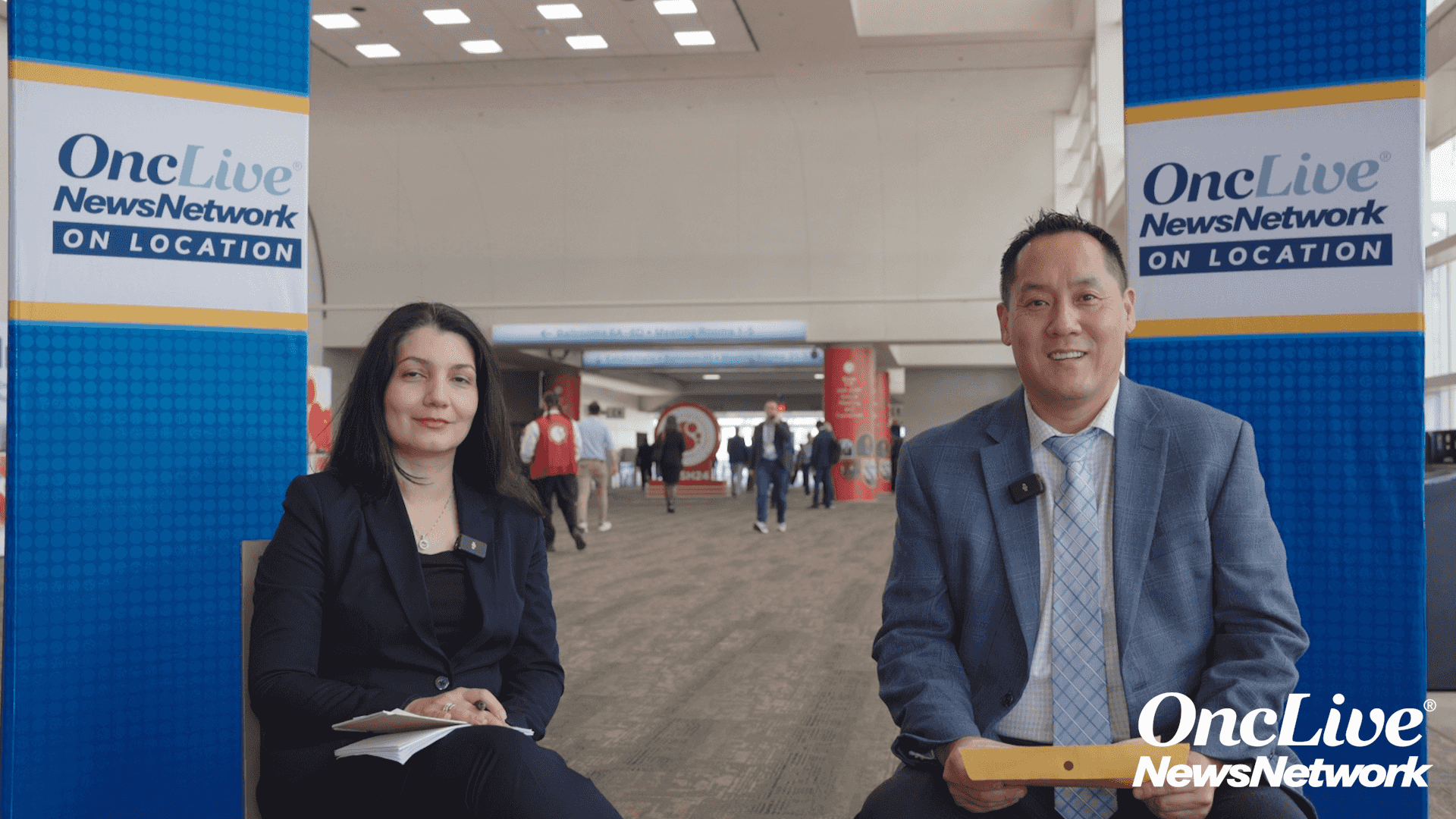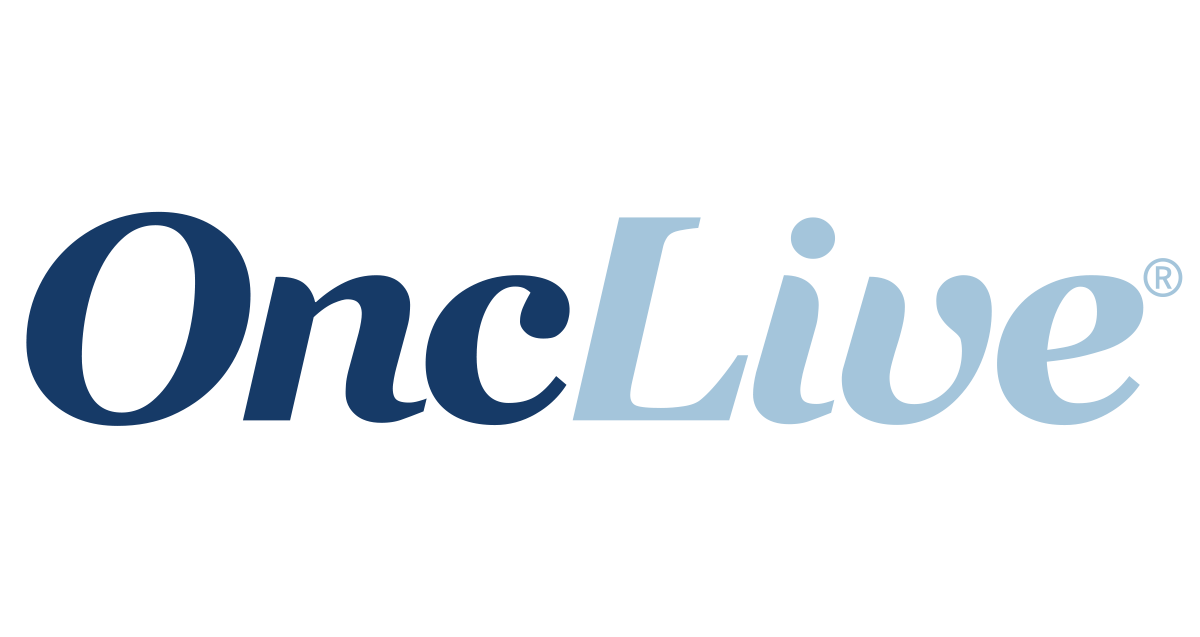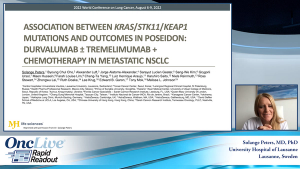Breaking New Ground in Cancer Treatment: Unpacking the Real-World Impact of Bispecific Antibodies in Multiple Myeloma
In the relentless pursuit of finding effective treatments for cancer patients, researchers are continually pushing the boundaries of what’s possible. A recent retrospective study published in OncLive has shed light on the real-world effectiveness of bispecific antibodies in treating patients with relapsed or refractory multiple myeloma. This groundbreaking research offers a glimpse into the potential of this innovative approach in revolutionizing the treatment landscape for this devastating disease.

Multiple myeloma, a type of blood cancer characterized by the proliferation of malignant plasma cells, affects thousands of people worldwide. Despite advances in treatment, patients often face relapse or refractory disease, leaving them with limited options. Bispecific antibodies, a new class of targeted therapies, have emerged as a beacon of hope, showing promise in preclinical studies and early clinical trials. But how do these treatments perform in real-world settings?

Understanding Bispecific Antibodies in R/R Multiple Myeloma
Bispecific antibodies have revolutionized the treatment landscape of multiple myeloma, offering a new frontier in targeted therapy. In this section, we will delve into the world of bispecific antibodies, exploring their definition, mechanism of action, and FDA-approved indications for multiple myeloma.

Introduction to Bispecific Antibodies
Bispecific antibodies are a type of therapeutic antibody that targets two distinct antigens or epitopes on different cells or molecules. This dual-targeting approach allows for enhanced efficacy and specificity, making bispecific antibodies an attractive option for treating complex diseases like multiple myeloma.
The first FDA-approved bispecific antibody for multiple myeloma is teclistamab-cqvy (Tecvayli), which was approved in October 2022. Elranatamab-bcmm (Elrexfio) and talquetamab-tgvs (Talvey) are two other FDA-approved bispecific antibodies that target different proteins and have been shown to be effective in treating multiple myeloma.

Real-World Uptake of Bispecific Antibodies
According to a retrospective observational study published in OncLive, the real-world uptake of bispecific antibodies in relapsed/refractory multiple myeloma has been significant. The study analyzed data from the US Oncology Network, a large network of community oncology practices, and found that in 2023, 44.67% of evaluable patients received a bispecific antibody. This figure increased to 54.32% in 2024.
The study also found that patients who received bispecific antibodies tended to be younger and have a better performance status compared to those who did not receive these agents.

Key Findings from the Study
The study published in OncLive identified several key findings that highlight the real-world uptake of bispecific antibodies in relapsed/refractory multiple myeloma.
Patient Characteristics and Outcomes
The study found that patients who received bispecific antibodies had a better performance status and were younger compared to those who did not receive these agents. The study also found that patients who received bispecific antibodies had a higher response rate and longer progression-free survival compared to those who did not receive these agents.
The study’s findings suggest that bispecific antibodies may be effective in treating relapsed/refractory multiple myeloma, particularly in patients who have a better performance status and are younger.

Bispecific Antibody Utilization Trends
The study found that the utilization of bispecific antibodies in relapsed/refractory multiple myeloma increased significantly between 2023 and 2024. The study’s findings suggest that bispecific antibodies are becoming increasingly popular in the treatment of multiple myeloma, particularly in community oncology settings.
The study’s findings also suggest that bispecific antibodies may be effective in treating different patient populations, including those with a better performance status and younger patients.
Implications for Clinical Practice
The study published in OncLive has several implications for clinical practice, particularly in the treatment of relapsed/refractory multiple myeloma.
Access to Emerging Therapies
The study’s findings suggest that community oncology settings play a critical role in providing access to emerging therapies, including bispecific antibodies. The study’s findings also suggest that strategies such as patient education and counseling may be effective in increasing access to these therapies.
The study’s findings suggest that bispecific antibodies may be effective in treating relapsed/refractory multiple myeloma, particularly in patients who have a better performance status and are younger. The study’s findings also suggest that bispecific antibodies may be effective in treating different patient populations, including those with a better performance status and younger patients.
Practical Applications and Considerations
The study published in OncLive has several practical applications and considerations for clinicians, particularly in the treatment of relapsed/refractory multiple myeloma.
Implementing Bispecific Antibody Therapy in Clinical Practice
The study’s findings suggest that clinicians should consider implementing bispecific antibody therapy in patients with relapsed/refractory multiple myeloma, particularly those with a better performance status and younger patients. The study’s findings also suggest that clinicians should consider strategies such as patient education and counseling to increase access to these therapies.
The study’s findings suggest that bispecific antibodies may be effective in treating relapsed/refractory multiple myeloma, particularly in patients who have a better performance status and are younger. The study’s findings also suggest that bispecific antibodies may be effective in treating different patient populations, including those with a better performance status and younger patients.
Conclusion
As we reflect on the retrospective study highlighting the real-world uptake of bispecific antibodies in relapsed/refractory multiple myeloma, several key points and main arguments emerge. The study reveals that bispecific antibodies have become a crucial component in the treatment landscape, with a significant proportion of patients receiving these therapies as part of their care. Furthermore, the data underscores the importance of early treatment initiation, as patients who received bispecific antibodies early in their treatment journey had improved overall response rates and prolonged progression-free survival.
The implications of this study are profound, as it underscores the growing importance of bispecific antibodies in the fight against multiple myeloma. As the field continues to evolve, it is crucial that clinicians and researchers remain vigilant in monitoring the real-world uptake and efficacy of these therapies. Furthermore, the study’s findings have significant implications for patients, highlighting the need for continued access to innovative treatments and early intervention to improve outcomes. As we look to the future, it is clear that bispecific antibodies will continue to play a pivotal role in shaping the treatment paradigm for multiple myeloma.

